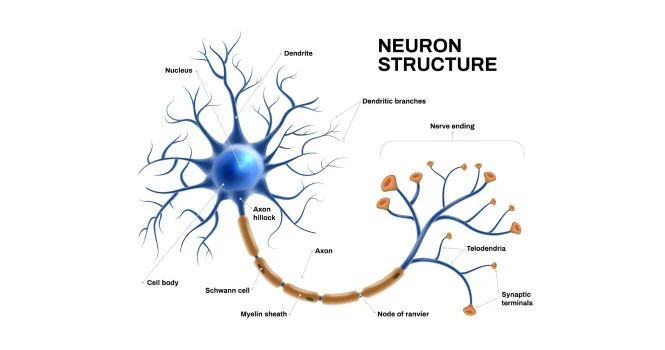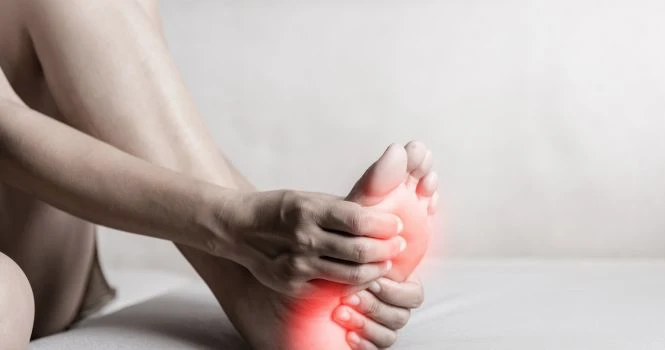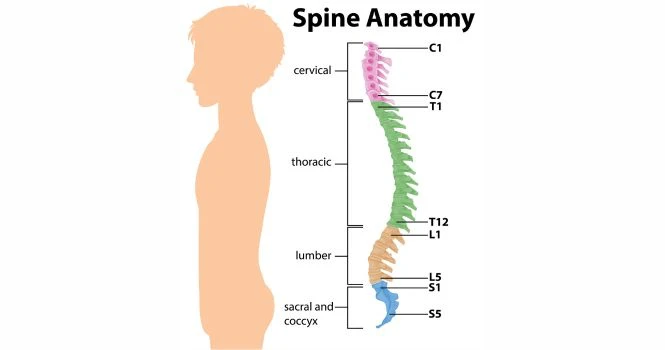Dizziness is Presyncope, a feeling of sensation, of head spinning or before the episode of fainting.
What is Fainting or Syncope?
Syncope is sudden, brief temporary loss of consciousness followed by spontaneous recovery.
Patients reports as they felt dizziness, light-headedness, drowsiness, before fainting episode.
Vasovagal syncope or neural-mediated syncope is the commonest type, when students faint and collapse suddenly in early morning school assemblies. They feel dizzy or nauseous before the episode of fainting.
The reasons of syncope are many and must be thoroughly evaluated by the physician with detailed history and medical examination.
Causes of syncope:
Causes of syncope are many and must be evaluated in every case. Few of them are
- Due to decreased blood flow to the brain due to arrhythmias or
defect in the valves or due to thickening of the heart walls - Hunger
- Pain
- Anxiety
- Emotional stress
- Dehydration
- Orthostatic Hypotension (sudden drop in blood pressure when standing up)
- Hypoglycemia(Low blood sugar)
- Taking a warm shower
- During urination and defecation
- Hypoxia (Reduced oxygen concentration in blood)
- Acute Anemia
- Post-prandial
- Post-exercise
- Substance abuse, alcohol intoxication
When to consult a doctor?
AHA Recommendation(American Heart Association)
“The majority of children and young adults with syncope have no structural heart disease or significant arrhythmia (abnormal heart rhythm). So, extensive medical work-up is rarely needed. A careful physical examination by a physician, including blood pressure and heart rate measured lying and standing, is generally the only evaluation required.
In other cases an electrocardiogram (EKG or ECG) is used to test for abnormal heart rhythms such as long Q-T syndrome. This is a genetic heart condition that can cause sudden cardiac death. Other tests, such as exercise stress test, Holter monitor, echocardiogram, etc., may be needed to rule out other cardiac causes of syncope”.









